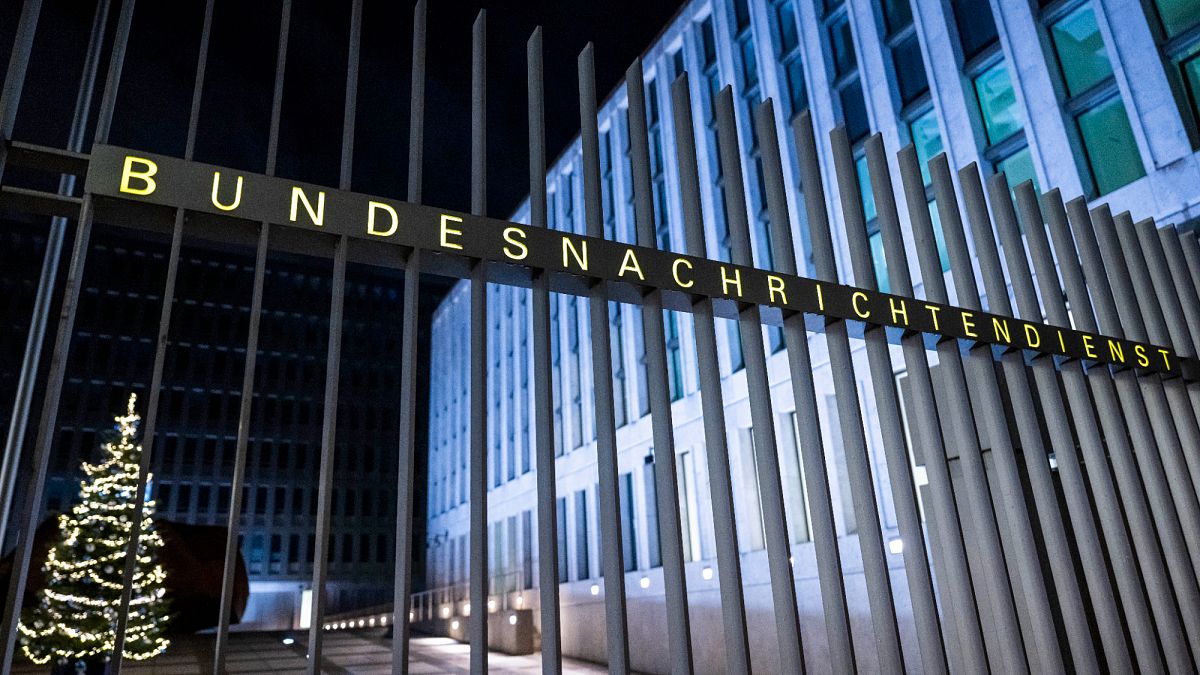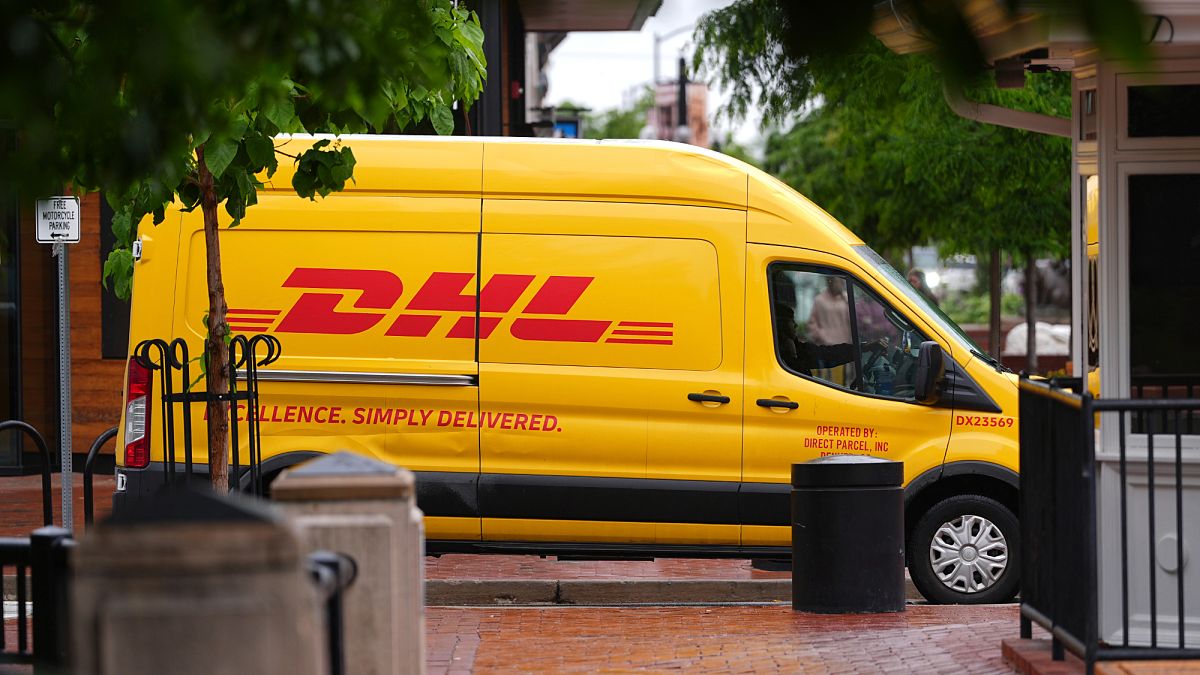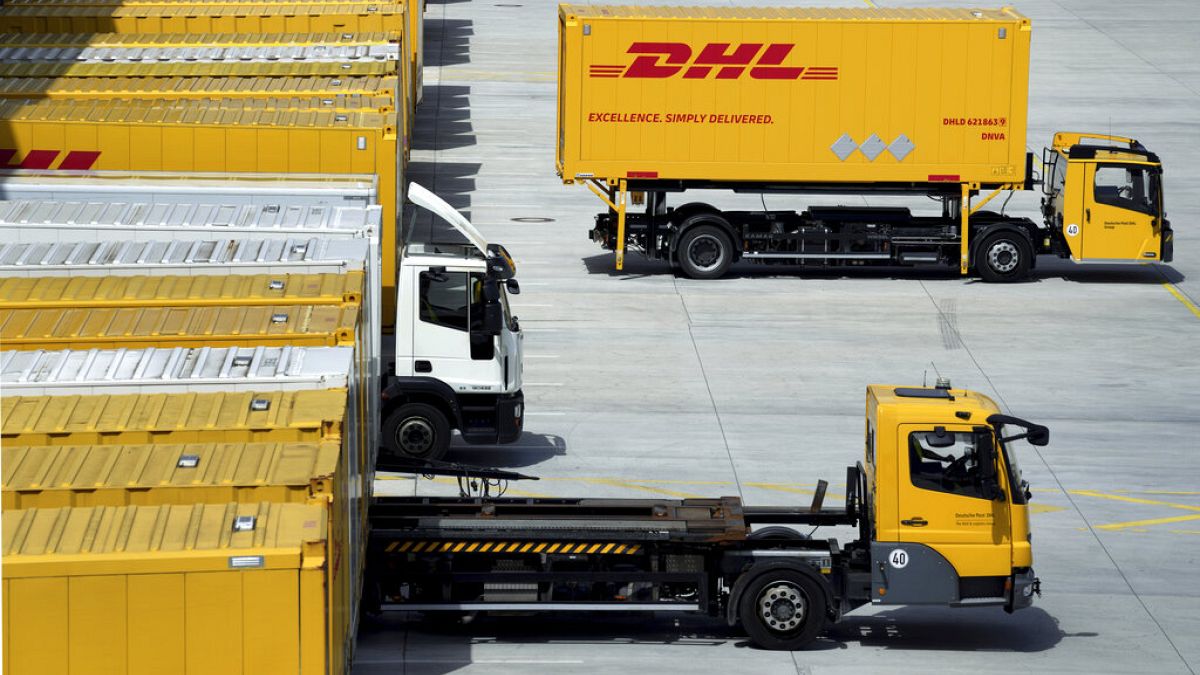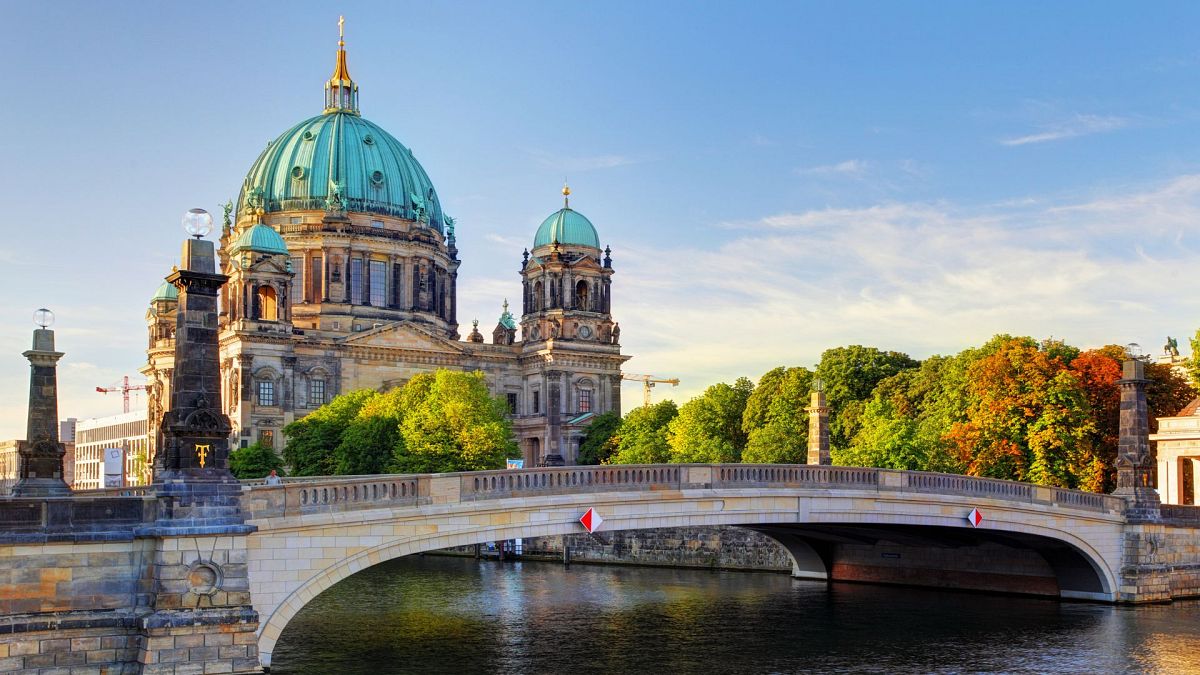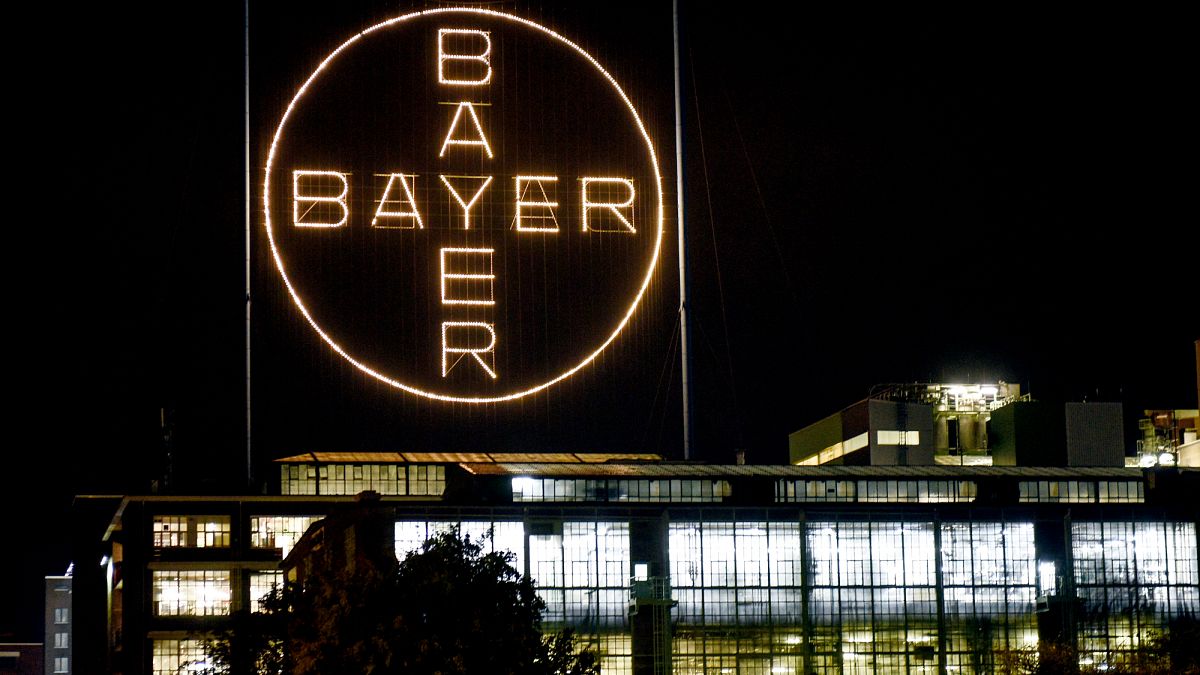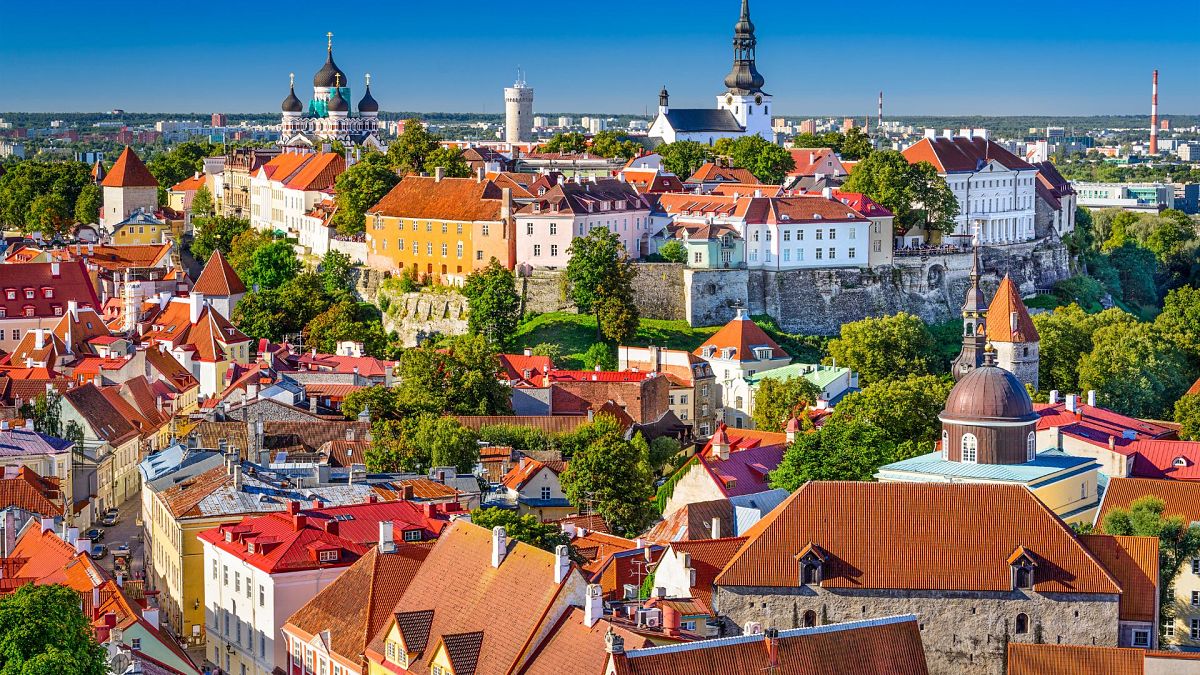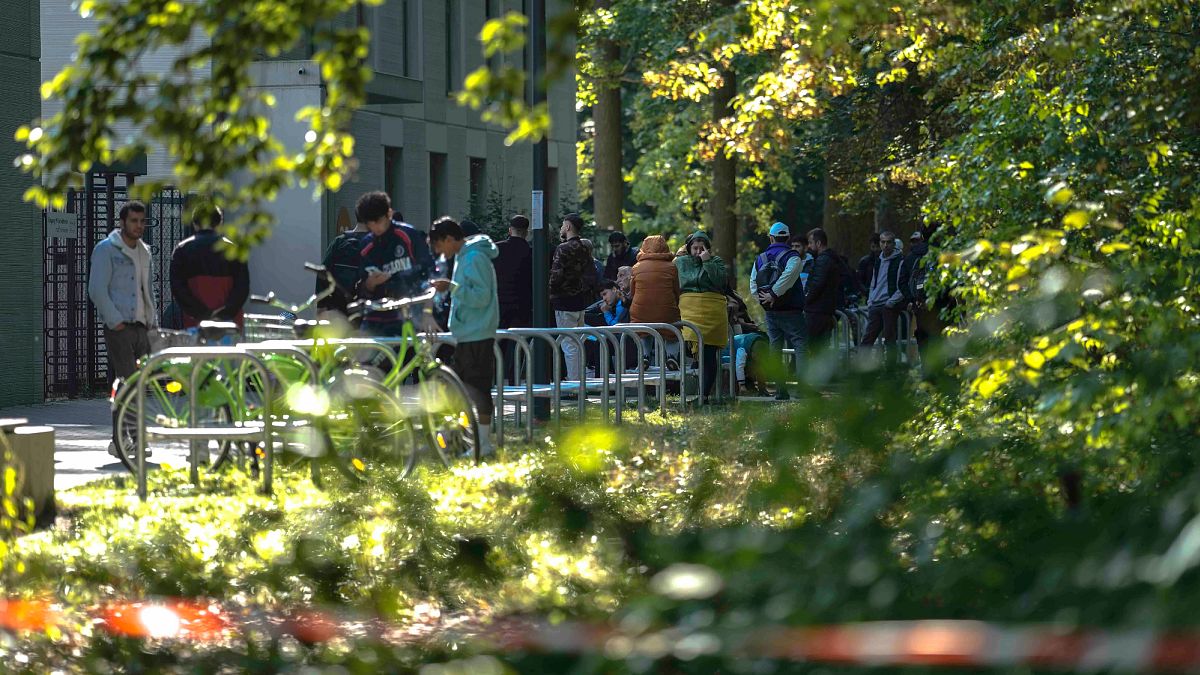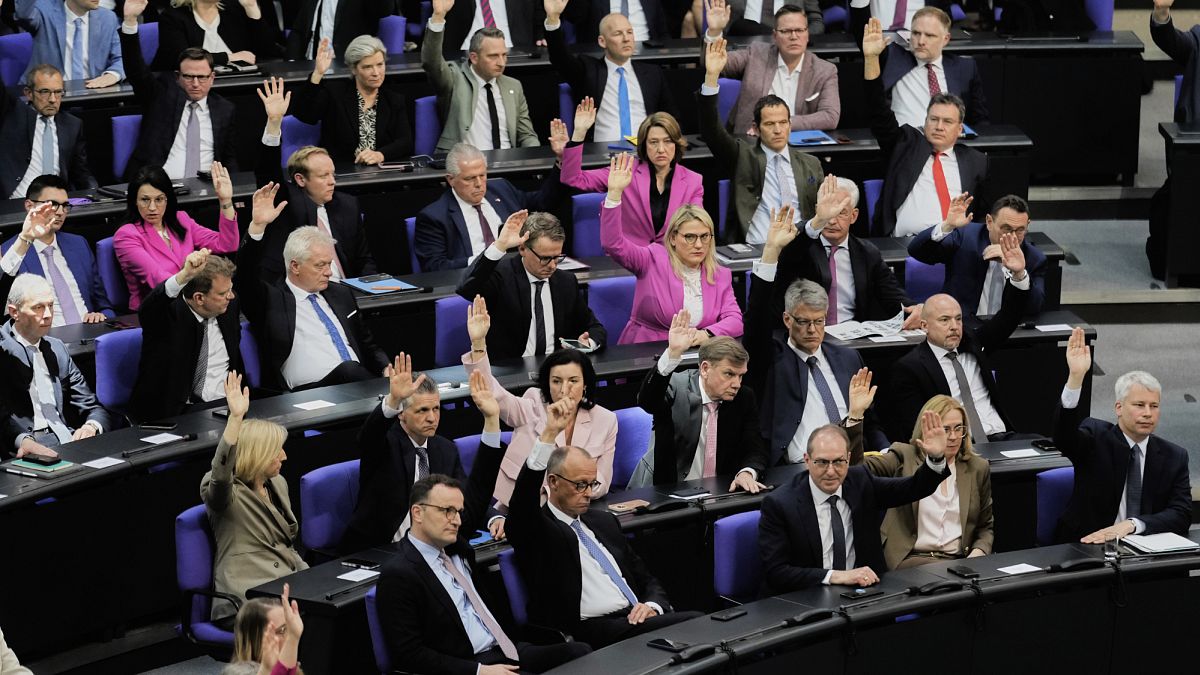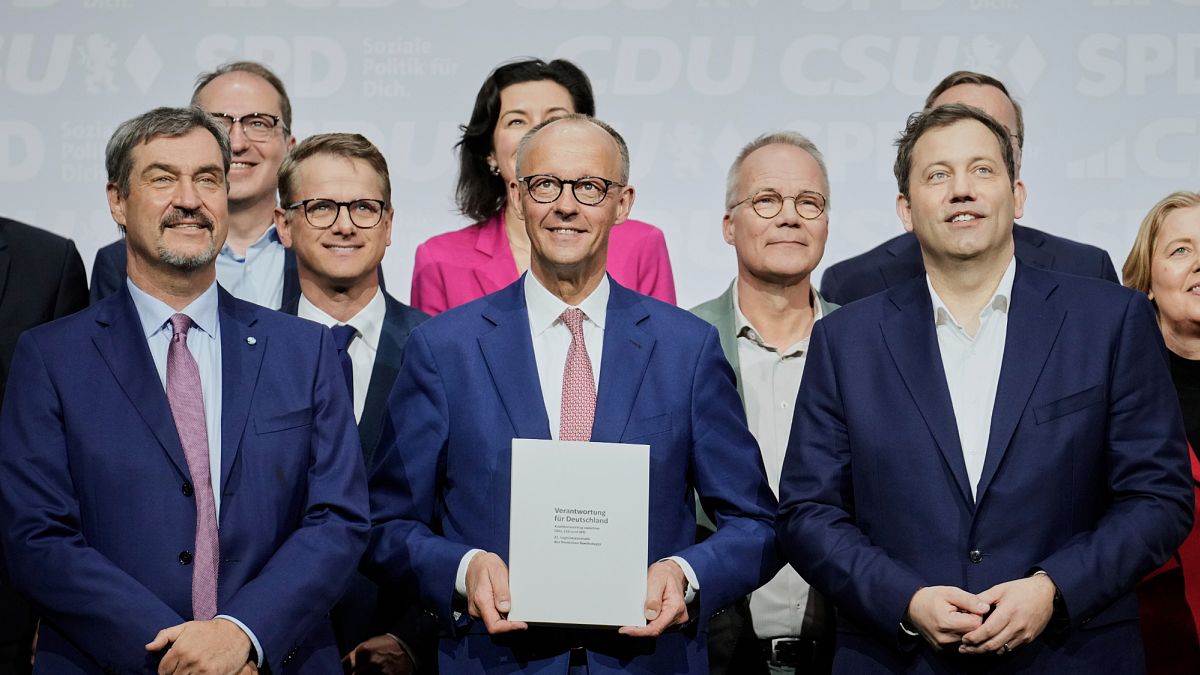EU delays final vote on combustion engine ban, exposing dissent
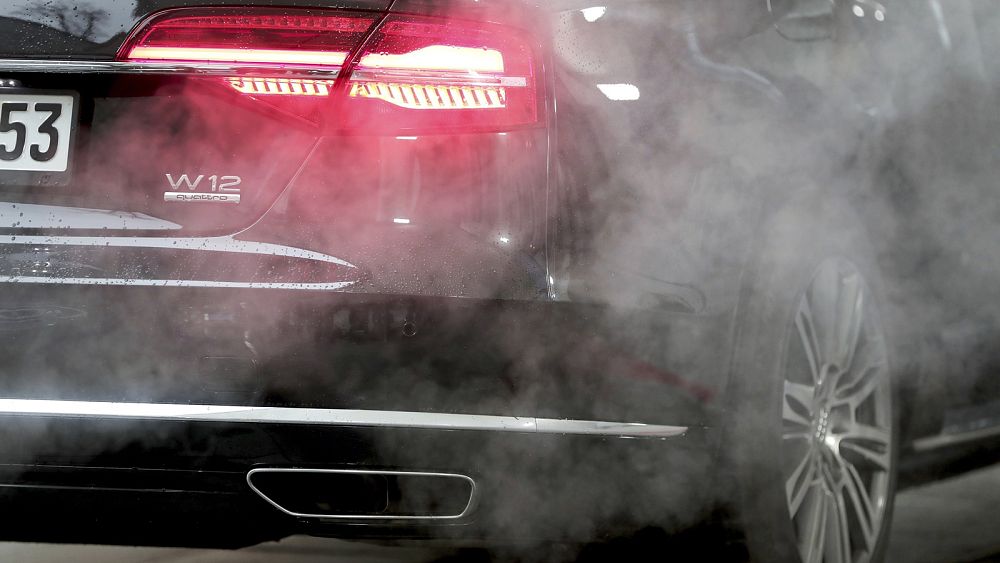
European Union member states decided on Friday morning to postpone a vote to ratify an EU-wide ban on the sale of new combustion engine vehicles as of 2035, reflecting growing discontent over one of the central measures to achieve climate neutrality by mid-century.
The ban was designed as a gradual transition and proposes that all new cars and vans sold across the EU market from 2035 onwards should have a 100% reduction in CO2 emissions, a provision that will effectively exclude all those that run on petrol and diesel.
Brussels chose 2035 as the cut-off date because the average lifespan of vehicles is 15 years and the Green Deal aims to make the entire economy CO2-neutral by 2050.
Friday’s vote by EU ambassadors was supposed to be a mere formality after the bloc’s two co-legislators, the EU Council and the European Parliament, had reached in October a provisional agreement that kept the 2035 deadline intact.
The Parliament rubberstamped the law last month with a tight margin of 340 MEPs in favour and 279 against. The legislation was then passed on to ambassadors for the final green light.
But as Friday’s vote approached, a number of member states intensified their opposition.
Germany, Italy, Poland and Bulgaria are among those who in recent weeks expressed concerns regarding the far-reaching measure, Euronews understands.
Together, the four countries would have been able to mount a so-called “blocking minority,” using either abstention or rejection votes.
Germany, a world leader in the automotive industry, is campaigning to have cars that run on synthetic fuels, also known as e-fuels, excluded from the 2035 ban.
E-fuels are an emerging technology whose carbon footprint and commercial viability have been contested by environmental organisations.
German Transport Minister Volker Wissing, who hails from the liberal, business-friendly FDP party, said earlier this week he had asked the European Commission for a new proposal to introduce the e-fuel exemption but he had not received any positive feedback from the bloc’s executive.
“Against the background of the enormous fleet of cars that we have in Germany alone, there can only be a compromise for the FDP on the fleet limits if the use of e-fuels is also possible,” Wissing said.
It’s unclear how many more countries were also willing to vote down the law.
Last summer, Italy, Portugal, Slovakia, Bulgaria and Romania called for the ban to be delayed from 2035 to 2040, pleading for more time to adapt the existing infrastructure.
Back then, their joint push failed to gain enough traction, but on Friday, the odds shifted.
With the outcome appearing increasingly uncertain, Sweden, which currently chairs the rotating EU Council presidency, decided to postpone the vote.
Ambassadors will “revert to the issue in due time,” a Swedish spokesperson said on Friday morning, without providing any specific date.
In Brussels, the European Commission declined to comment on the procedural delay and the statements made by the German ministers but said it was in “listening mode” to understand the reservations voiced by certain capitals.
“The proposal that we made is based on technological neutrality as to how to achieve the goal of having zero CO2 emissions cars as of 2035,” a Commission spokesperson said, insisting the measure does not target specific fuels but the aggravating effect they have on the climate crisis.
The spokesperson also underlined the legislation features a recital to review the technological developments made by 2026 in the field of zero-emissions transport, which could in principle open the door for exempting new kinds of sustainable fuels from the 2035 ban.
But the recital is not legally binding and is up for the European Commission to trigger.
“This recital is there for us to implement,” the spokesperson said. “We want to understand those concerns better, in particular the new concerns, before deciding on what’s the best way to proceed.”
From Rome, Italy’s Transport Minister Matteo Salvini, a vocal detractor of the 2035 ban, openly took credit for the postponement, calling it a “great signal.”
“The voice of millions of Italians has been heard, and our government has demonstrated that it offers common-sense arguments (…) in defence of our history and our work,” Salvini wrote on his Twitter account.
“There is still a long way to go but we will not sell out to China.”
This article has been updated to include new reactions and developments.
Source: Euro News


